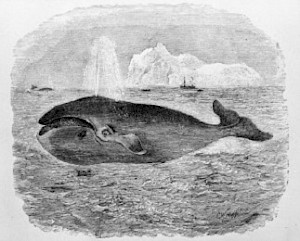Shetland Museum & Archives Highlights from the 2024 St Magnus Conference

Thursday, April 25th 2024 7:00pm - 9:00pm
Auditorium, Shetland Museum
Join our Shetland Museum & Archives curators and archivists as they present their papers from the 6th International St Magnus Conference by UHI Shetland.
Each talk will be around 20minutes followed by a Q&A session at the end of the evening.
- Jenny Murray, curator of collections will present - 'A truly Northern Saint – Magnus in the Nordic Islands'
St Magnus is well known in the northern isles, especially centred around the cathedral built in Orkney to house his saintly remains, and the many church dedications which still survive today. Jenny’s paper will explore the 12th century Cult of St Magnus and how it spread north to Shetland, the Faroe Islands and Iceland. It will explore the surviving material legacy of his cult in these island groups and consider how St Magnus is still remembered today.
- Brian Smith, archivist will present his paper - 'Frozen in'
Going to the whaling at Greenland was an opportunity but dangerous for young Shetland men during the 19th century. On dry land Shetland businessmen profited from it as well. The paper discusses the experiences of two men trapped in ice in the mid-19th century. - Carol Christiansen, curator of collections will present - 'Some Lessons Learnt: British seamen’s kit on nineteenth century Arctic voyages'
The loss of the Franklin expedition after 1845 marked a watershed moment for British exploration in the Arctic. It signalled to British officers and crews to take stock of the perils faced by previous venturers and re-think clothing and personal equipment. Standard navy-issue clothing was not sufficient, but institutional change was slow. Unlike Canadians and Americans exploring the Arctic, the British were reluctant to abandon their uniforms and adopt more suitable gear, although crewmen from Shetland and Orkney appeared to be better equipped than the average British able-bodied seaman. The diaries of captains in search of Franklin’s men noted what worked and what didn’t during their own voyages to help their colleagues for future expeditions. The experiences in the Arctic, especially following Franklin’s demise, led the British navy to improve conditions for their crews by providing better clothing and kit. But prejudice remained in adopting the dress of native peoples to avoid frostbite and death. - Mark Smith, assistant archivist will present - 'Islands at the Centre of the World: The Novel in Iceland, Faroe and Shetland'
Category: Lectures
